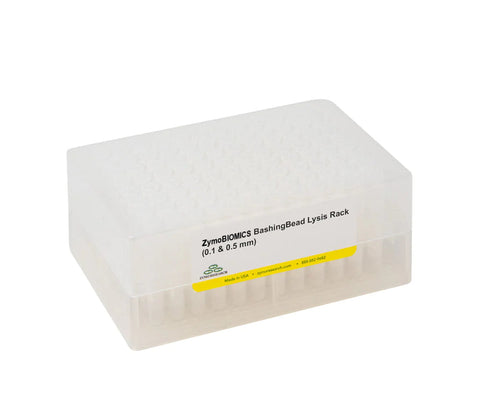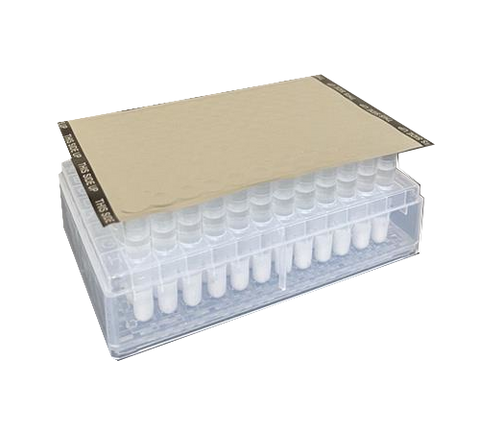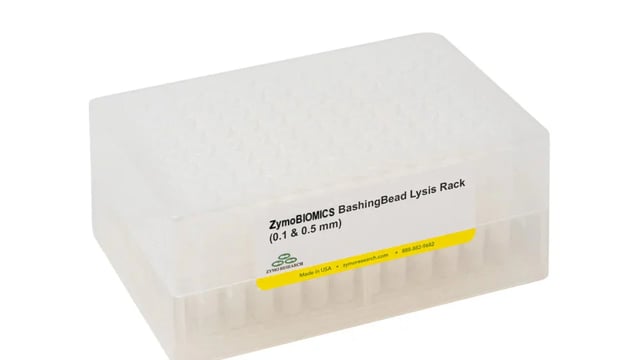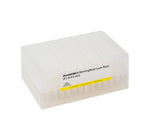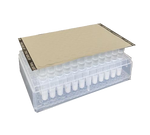Successfully Added to Cart
Customers also bought...
-
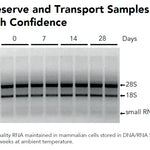 DNA/RNA Shield (50 ml)Cat#: R1100-50DNA/RNA Shield reagent is a DNA and RNA stabilization solution for nucleic acids in any biological sample. This DNA and RNA stabilization solution preserves the...
DNA/RNA Shield (50 ml)Cat#: R1100-50DNA/RNA Shield reagent is a DNA and RNA stabilization solution for nucleic acids in any biological sample. This DNA and RNA stabilization solution preserves the... -
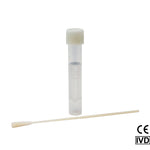 DNA/RNA Shield SafeCollect Swab Collection Kit (1 ml fill) (1 collection kit)Cat#: R1160The DNA/RNA Shield SafeCollect Swab Collection Kit is a user-friendly collection kit for stabilizing the nucleic acid content of samples collected with a swab. DNA/RNA...
DNA/RNA Shield SafeCollect Swab Collection Kit (1 ml fill) (1 collection kit)Cat#: R1160The DNA/RNA Shield SafeCollect Swab Collection Kit is a user-friendly collection kit for stabilizing the nucleic acid content of samples collected with a swab. DNA/RNA...
Highlights
- Enables efficient and convenient high-throughput lysis of mixed microbial samples (feces, soil, etc).
- Optimized BashingBead™ formula for complete microbial lysis, ensuring accurate microbiome analysis.
- Heat sealing prevents leakage and cross-contamination during sample homogenization.
Original Manufacturer
Satisfaction 100% guaranteed, read Our Promise
Innovated in California, Made in the USA
Highlights
- Enables efficient and convenient high-throughput lysis of mixed microbial samples (feces, soil, etc).
- Optimized BashingBead™ formula for complete microbial lysis, ensuring accurate microbiome analysis.
- Heat sealing prevents leakage and cross-contamination during sample homogenization.
Original Manufacturer
Satisfaction 100% guaranteed, read Our Promise
Innovated in California, Made in the USA
Description
FAQ
The ZymoBIOMICS BashingBead Lysis Rack contains an optimized BashingBead formulation for unbiased lysis of mixed microbial communities, making it the ideal solution to perform high-throughput processing for microbiome analysis.
Making use of the provided heat sealing foils is the best way to ensure that no leakage occurs during the sample homogenization. To prevent leakage, it is important to seal the rack properly, by first gently cleaning the tops of the strip tubes with a Kimwipe, followed by sealing the foil to the top of the tubes with a heat sealing device for 4 seconds at 180°C. At no point should a roller or similar be used to put pressure on the foil after sealing, as this pressure can cause bonds between the plastic and foil to break.
Need help? Contact Us


